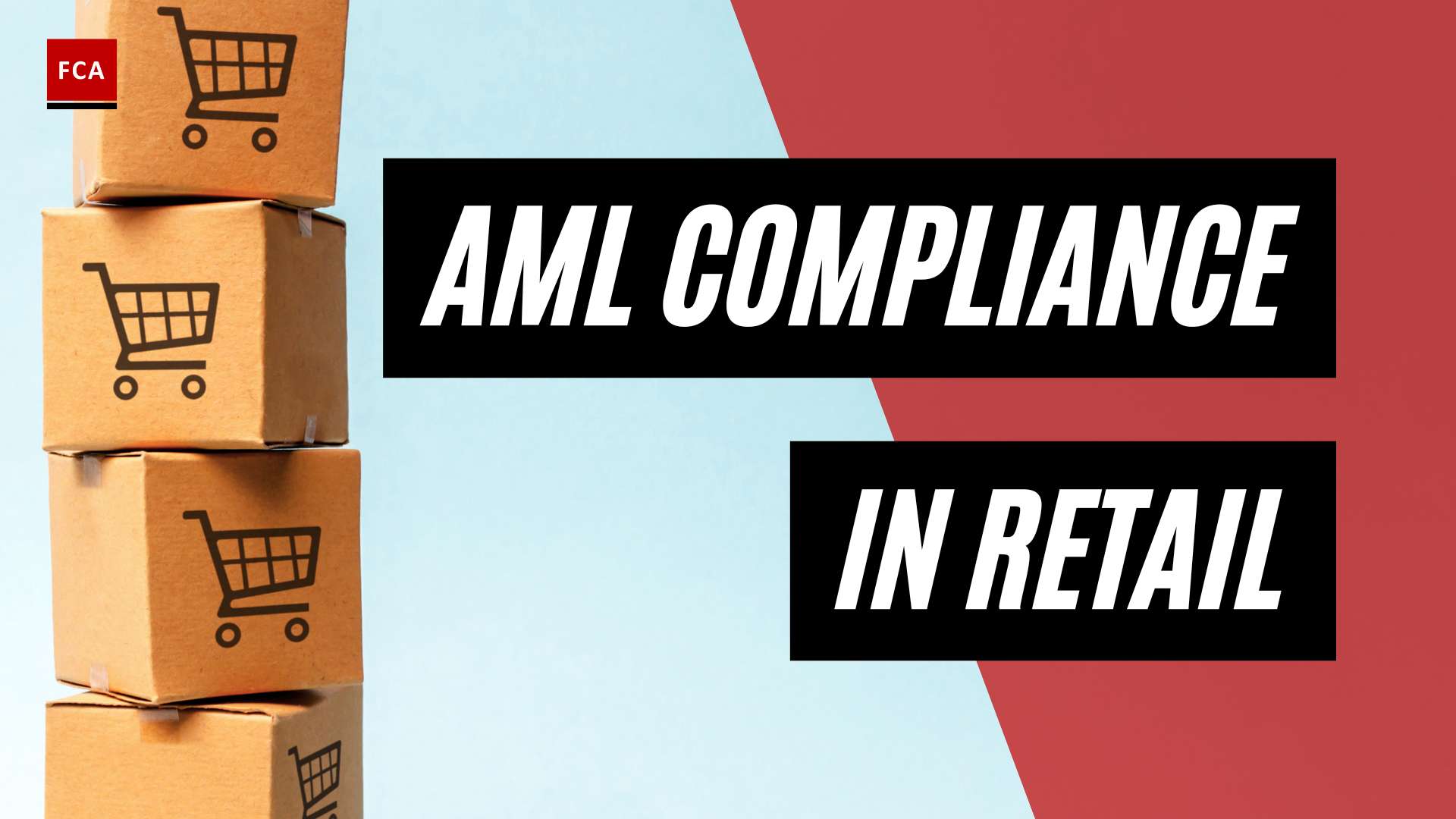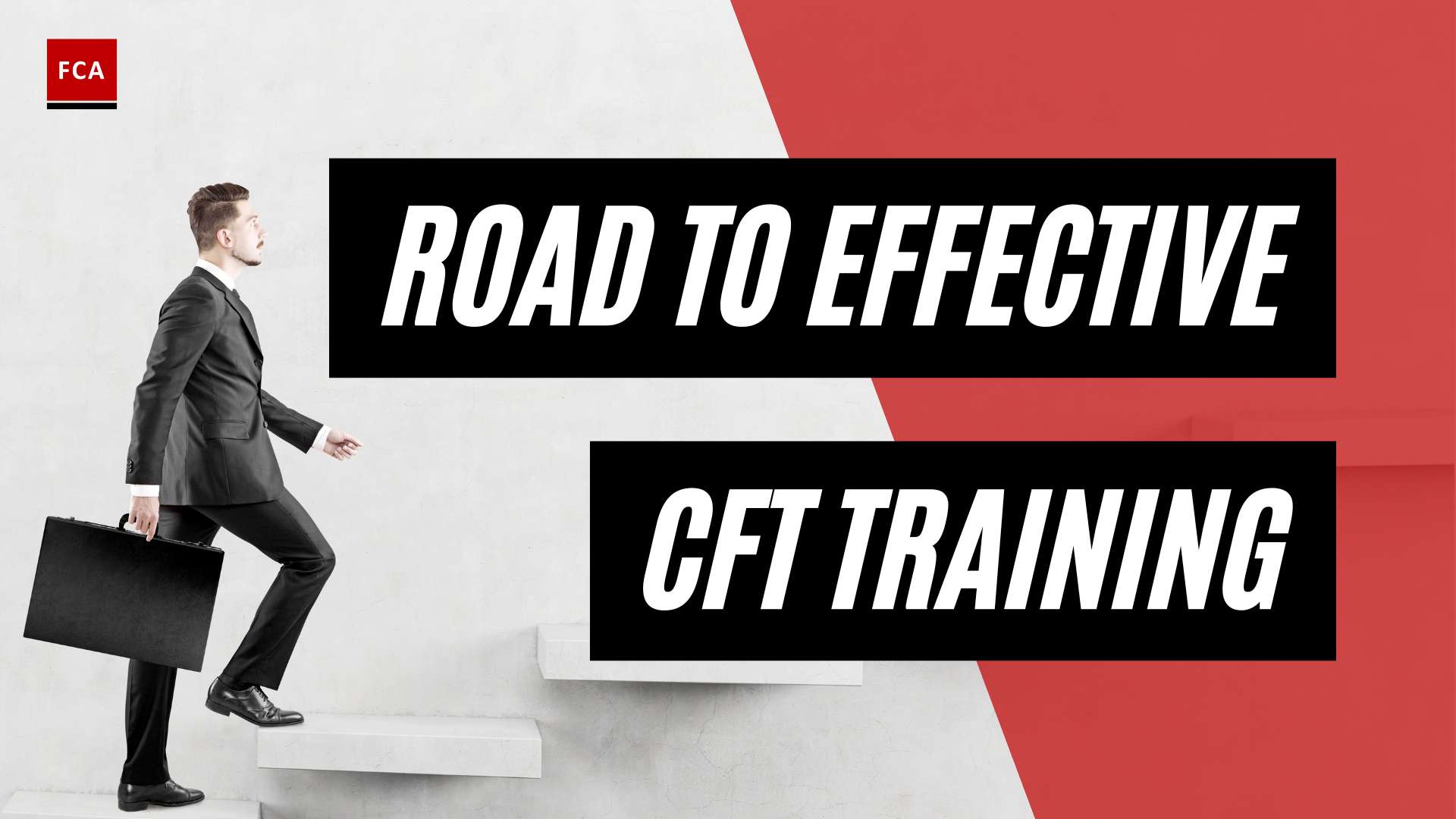AML Certification and Education
To excel in the field of anti-money laundering (AML), professionals often pursue specialized certifications that validate their knowledge and expertise. AML certifications play a vital role in equipping individuals with the necessary skills to combat financial crimes effectively.
Overview of AML Certifications
AML certifications are designed to enhance professionals’ understanding of anti-money laundering practices, regulations, and risk mitigation strategies. These certifications validate individuals’ knowledge and expertise in the field, demonstrating their commitment to upholding the highest standards of compliance.
Several organizations offer AML certifications, each with its own requirements and curriculum. The certifications cover various aspects of AML, including money laundering techniques, regulatory frameworks, risk assessment, and detection methods.
These certifications provide professionals with a comprehensive understanding of AML principles and equip them with the tools to identify and prevent financial crimes effectively.
Importance of AML Certifications
Obtaining an AML certification offers several benefits for professionals working in compliance, risk management, and anti-money laundering roles. Firstly, certifications demonstrate a commitment to professional growth and development, showcasing an individual’s dedication to staying updated with the latest industry standards and best practices.
AML certifications also enhance career prospects by increasing job opportunities and earning potential. Employers often prioritize candidates with recognized certifications, as they indicate a higher level of expertise and competence in the field. Additionally, certifications can open doors to specialized roles within AML, such as AML analysts, compliance officers, and financial crime investigators.
CAMP Certification
The Certified Anti-Money Laundering Professional (CAMP) certification is widely recognized and respected in the AML field. Offered by the Financial Crime Academy (FCA), CAMP certification validates professionals’ knowledge of AML principles, regulations, and detection techniques.
To attain CAMP certification, individuals must pass an exam that covers various AML topics, including money laundering methods, regulatory frameworks, and risk management practices. CAMP-certified professionals demonstrate a strong understanding of AML compliance and are well-equipped to mitigate money laundering risks in their organizations.
AML Certification and Salary
When it comes to pursuing a career in anti-money laundering (AML), obtaining the right certifications can significantly impact your earning potential. In this section, we will explore the salary overview for AML professionals and delve into the salary ranges for specific roles such as Certified Anti Money Laundering Professional (CAMP), AML Analysts, and AML Investigators. We will also discuss the factors that can affect AML salary.
Salary Overview for AML Professionals
The salaries of AML professionals can vary depending on factors such as experience, education, certifications, additional skills, and geographic location. Generally, professionals with AML certifications tend to earn higher salaries compared to those without certifications.
Salary Range for Certified Anti Money Laundering Specialist (CAMP)
The Certified Anti Money Laundering Professional (CAMP) certification is highly valued in the AML field. According to Payscale, the average salary for individuals with a CAMP certification is available on Payscale’s platform with data sourced from over 2,000 businesses providing 100% company submitted data.
Salary Range for AML Analysts
AML Analysts play a vital role in detecting and preventing money laundering activities. According to Salary.com, as of February 26, 2024, the average salary for an AML Analyst is $57,865. The salary range typically falls between $48,851 and $68,846. It’s important to note that salary variations depend on factors such as education, certifications, additional skills, and years of experience.
Salary Range for AML Investigators
AML Investigators are responsible for conducting investigations into suspicious financial activities. According to ZipRecruiter, the average annual salary for an AML Investigator in the United States is $63,094. The highest earners can make over $123,000 a year. Salary ranges can vary based on factors such as experience, certifications, and the specific employer.
Factors Affecting AML Salary
Several factors can influence the salary of AML professionals. These factors include:
- Education and Certifications: Advanced degrees and certifications, such as CAMP or other relevant certifications, can increase earning potential.
- Experience: Years of experience in the field can contribute to salary growth.
- Additional Skills: Specialized skills like data analytics, risk assessment, and knowledge of regulatory frameworks can lead to higher-paying opportunities.
- Geographic Location: Salaries can vary based on the cost of living and demand for AML professionals in different regions.
It’s important to note that the salary ranges provided are general estimates and can vary based on the specific circumstances of each individual. Additional factors, such as the size and reputation of the organization, can also impact salary levels.
In the next section, we will explore the growing demand for AML professionals and discuss the salary ranges for roles like AML Compliance Officers and Financial Compliance Analysts.
Career Opportunities and Demand
As the need for Anti-Money Laundering (AML) specialists continues to rise, career opportunities in the field are growing rapidly. Financial services employers are increasingly seeking qualified professionals in compliance, risk management, and anti-financial crime, making AML expertise highly sought after. In this section, we will explore the growing demand for AML professionals and the salary ranges for AML compliance officers and financial compliance analysts.
Growing Demand for AML Professionals
The demand for AML professionals is driven by the increasing need for organizations to comply with stringent regulations and combat money laundering and other financial crimes. The role of AML professionals involves identifying, assessing, and mitigating risks associated with money laundering activities within financial institutions. This demand is expected to continue to rise as regulatory frameworks evolve and financial crimes become more sophisticated.
AML Compliance Officer Salaries
AML compliance officers play a critical role in ensuring that financial institutions adhere to AML regulations and policies. Salaries for AML compliance officers can vary depending on factors such as experience, location, and the specific employer. In the United States, the average salary for AML compliance officers ranges from $50,000 to over $100,000. Professionals with extensive experience and specialized skills may command higher salaries.
Financial Compliance Analyst Salaries
Financial compliance analysts are responsible for monitoring and assessing compliance with AML regulations and internal policies. The average salary for financial compliance analysts in the United States is around $67,710. Entry-level roles typically range from $52,000, while senior positions can reach up to $108,000. It’s important to note that salaries for financial compliance analysts increase steadily over the first 5-10 years of a career as professionals gain experience and expertise.
Factors Affecting Compliance Salaries
Several factors can influence the salary range for AML compliance officers and financial compliance analysts. These factors include:
- Experience Level: Salaries tend to increase with experience. Entry-level professionals typically earn between $50,000 to $65,000, mid-career analysts earn $70,000 to $90,000, and senior-level analysts can earn $95,000 to $120,000.
- Industry and Sector: Industries with heavy regulations, such as finance, insurance services, and investment banking, often offer higher compliance salaries compared to less regulated sectors. The degree of regulatory oversight directly impacts pay rates for financial compliance analysts (Vintti).
- Geographic Location: Salaries can vary depending on the location. Major financial centers and cities with a high cost of living may offer higher salaries compared to other regions.
As the demand for AML professionals continues to grow, individuals considering a career in the field can expect a range of opportunities and competitive salaries. It’s important to keep in mind that salaries can vary based on experience, location, industry, and other factors. Continuous professional development, gaining specialized skills, and staying abreast of regulatory changes can contribute to career advancement and higher earning potential in the AML field.
Choosing the Right Certification
When it comes to pursuing a career in anti-money laundering (AML), choosing the right certification is an important decision. Two prominent certifications in the field are the Certified Anti-Money Laundering Professional (CAMP) and the Certified Fraud Examiner (CFE) certifications. Let’s explore the differences and considerations when choosing between these certifications.
Considering Career Goals and Roles
When deciding on certification, it is crucial to consider your career goals and the specific roles you aspire to within the AML field. CAMP certification is highly regarded within the AML profession and is often preferred by employers. It can open doors to various AML-related roles, such as AML analyst, compliance officer, or investigator.
It’s also important to note that while CAMP certification is not a requirement for success in the AML field, individuals who hold this certification tend to earn higher salaries, as indicated by FCA compensation guide (Tandym Group). Employers value CAMP certification due to its focus on AML-specific knowledge and skills, which can give certified professionals a competitive edge in the job market.
Impact of Certifications on Salary
Certifications can have a significant impact on earning potential within the AML field. Certified professionals often earn higher salaries compared to their non-certified counterparts. CAMP certification, in particular, has been associated with higher earnings across all experience levels in the AML profession (Tandym Group). While certification alone may not guarantee a higher salary, it demonstrates your commitment to professional development and expertise in the field, making you a valuable asset for organizations.
In conclusion, choosing between certifications depends on your career goals, desired AML roles, and the specific skills you want to acquire. CAMP certification is highly regarded within the AML field and can lead to various AML-related roles, while CFE certification provides a broader skill set in fraud prevention and detection. Both certifications have the potential to positively impact your earning potential by demonstrating your expertise and dedication to the field of combating financial crimes.
Advancing Your AML Career
As professionals in the field of anti-money laundering (AML) seek to advance their careers, there are several key factors to consider. Gaining experience and expertise, acquiring specialized skills and certifications, and understanding industry and geographic factors can contribute to career growth and increased earning potential.
Gaining Experience and Expertise
One of the most valuable ways to advance in the AML field is by gaining relevant experience and expertise. Professionals should strive to expand their knowledge in areas such as forensic accounting, statistical data mining, and risk management to make themselves more marketable (Tandym Group). By actively participating in AML investigations, staying updated on regulatory requirements, and continuously learning about emerging trends and technologies, professionals can enhance their skills and demonstrate their commitment to the field.
Building a strong professional network is also crucial for career advancement. Engaging in industry events, conferences, and forums can provide opportunities to connect with like-minded professionals, share insights, and learn from experienced individuals in the field. Mentoring programs and professional associations, such as the Financial Crime Academy (FCA), can also offer guidance and support for career growth.
Specialized Skills and Certifications
The acquisition of specialized skills and certifications is highly regarded in the AML field. The Certified Anti-Money Laundering Professional (CAMP) certification, offered by FCA, is widely recognized and respected. It equips individuals with comprehensive knowledge and skills to detect, prevent, and mitigate money laundering and counter-financing of terrorism (CFT) risks effectively and efficiently. Professionals in financial and non-financial banking institutions, AML compliance officers, financial investigators, and regulatory professionals can benefit from obtaining the CAMP certification.
Another certification that intersects with AML activities is the Certified Fraud Examiner (CFE) certification. CFEs are experts in fraud prevention and detection, investigative techniques, financial transactions analysis, and ethical considerations. Their expertise makes them valuable assets in AML compliance and investigations (AIA).
Professionals involved in financial transactions may pursue multiple certifications, such as CAMP to enhance their knowledge and versatility in combating financial crimes and ensuring AML compliance. The choice of certification depends on individual career goals and specific roles within organizations’ AML compliance efforts. By obtaining these certifications, professionals can demonstrate their commitment to the field and enhance their marketability.
Industry and Geographic Factors
The AML field offers career opportunities in various industries and geographic locations. The demand for AML professionals has been steadily increasing since the 2008 recession. Financial institutions, government agencies, consulting firms, and multinational corporations are actively seeking qualified AML specialists to ensure compliance with regulatory requirements and combat money laundering and financial crimes.
The salary and career advancement opportunities within the AML field can vary based on industry and geographic factors. For example, AML compliance officers and financial compliance analysts may have different salary ranges and career trajectories depending on the industry they work in. It’s important for professionals to research and understand the specific dynamics of their chosen industry and geographic location to make informed decisions about their career advancement.
By actively gaining experience and expertise, acquiring specialized skills and certifications, and considering industry and geographic factors, professionals can pave the way for advancement in their AML careers. Staying committed to ongoing learning, networking with industry peers, and staying abreast of regulatory changes can further contribute to career growth and increased earning potential.








